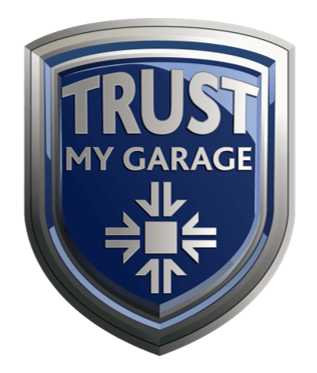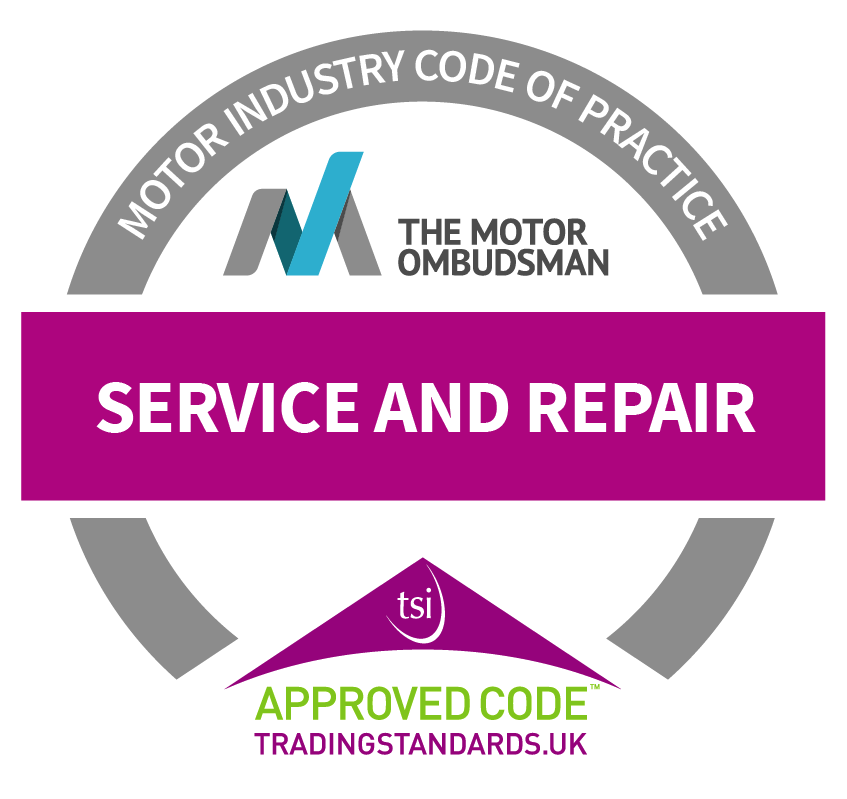Frequently asked questions.
Frequently asked questions.
Not sure If you need a MOT? What is a car service?
Read our FAQ’s to find your answers
The cost depends on the make and model, the type of service required and the age or mileage of the vehicle. We work and charge according to Autodata specifications and the recommended minimum labour time required for the specific service.
At OTRA, we do not advertise a fixed price as every vehicle is different, but we guarantee to pass any savings we can make onto our customer to keep the cost as low as possible. We will also never carry out additional work without prior consent and a full cost breakdown.
Diagnostic tests can help locate problems within your car’s engine, transmission, exhaust system, brakes, and all other major components. It’s important to see a professional to get an accurate diagnosis.
The knowledge and expertise of our technicians are critical to resolving issues. We use specialised diagnostic tools to capture error or warning codes stored in the cars computer system to determine the area where the problem is located, not the exact underlying issue.
Once our technicians pinpoint what part of your car needs attention, they will take a closer look at the affected area. The car diagnostic scan helps find the problem and our expert mechanics fix it.
For preventative maintenance, many technicians recommend taking your car in for a diagnostic test at least once a year. Some issues fly under the radar but can still cause damage. But, if your check engine light comes on, schedule a diagnostic test right away.
Car diagnostic tests scan your car’s components and systems to check for issues with components like the engine, transmission, oil tank, throttle, and many more.
OTRA Ltd are part of the RMI’s Independent Garage Association, the most prominent and respected body in the independent garage sector. Our proud association the IGA helps to ensure we are always at the forefront of industry technology and training. The high standards required to be part of the RMI mean that our work and customer service are closely monitored to ensure we are always at our best. We proudly display our Trust My Garage badge as a symbol of these high standards and our commitment to providing the best service every time to our new and loyal customers.
No – car owners are not obliged to take their vehicle to main dealers due to the renewal of the Block Exemption Regulation (BER). All servicing and repair work can be carried out by an independent garage with no warranty issues arising from this, as long as approved parts are used and the manufacturer’s service schedule is correctly followed (a requirement even if serviced at the main dealers). Any service at OTRA is carried out to these specifications and full documentation is provided to the customer and/ or uploaded online on the relevant systems.
Regular servicing can help keep your vehicle costs to a minimum and ensure optimum economical performance for the lifetime of your car or van. Not keeping up-to-date with your vehicle’s service schedule can lead to bigger problems down the line and increase repair and fuel costs, as well as potentially decreasing the value of your car.
This is dependent on your car’s mileage, the time since its last service or its condition.
An interim service is advisable if the vehicle does a high mileage. These should be every 6 months if you do any more than 2,000 miles per month or 20,000 miles per year.
A full service should be carried out every 12,000 miles or 12 months – whichever comes first. It is important this schedule is stuck to in order to prolong the life and maintain the performance of your vehicle if you don’t have a more regular interim service.
A major service is required every 24,000 or 2 years, which requires replacing all filters, brake and coolant fluid and spark plugs.
Ideally, you should have your car serviced every year or 12,000 miles – whichever comes first. This should be halved if your vehicle does a high mileage (anything above 2,000 miles per month). There may also be some tell-tale signs that your car is due a service that you notice while driving. These should never be ignored as it is always best to check any issues you may notice before more potential problems arise.
If your vehicle is over three years old, it will require a valid MOT certificate to be legally driven on the road. The checks carried out for the MOT are set and regulated by the DVSA and are standard across all test centres. Your vehicle must meet the required standards to pass the MOT, so it’s worth knowing what will be checked to avoid failing on something avoidable. Making sure fluids are topped up and all lights are working are some ways you can prepare for your MOT test. The list below shows what is checked during your MOT test:
☑ Vehicle Identification Number (VIN)
☑ Registration plate ☑ Lighting check
☑ Steering and suspension
☑ Wipers and washers
☑ Windscreen
☑ Horn
☑ Seats
☑ Seatbelt operation and safety
☑ Fuel system
☑ Exhaust and emissions
☑ Bodywork
☑ Bonnet catch
☑ Doors
☑ Mirrors
☑ Wheels and tyres
☑ Brake safety




